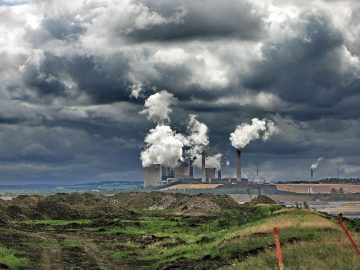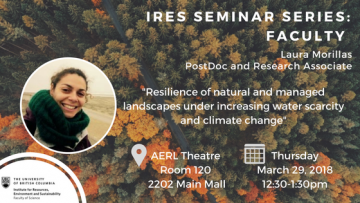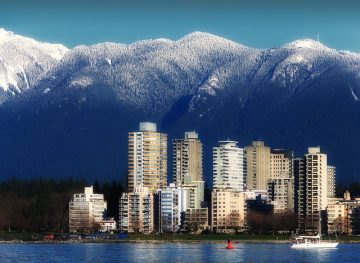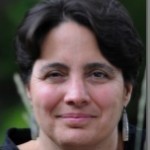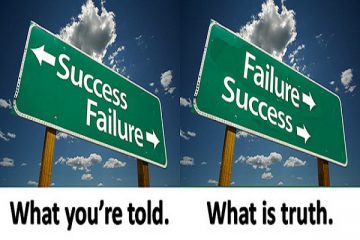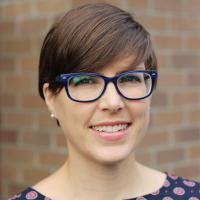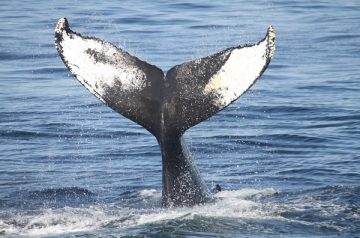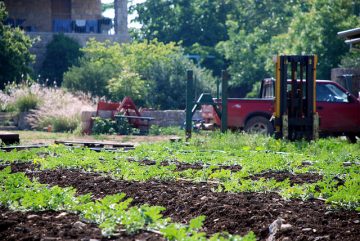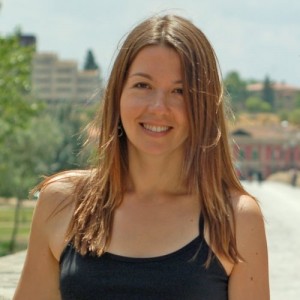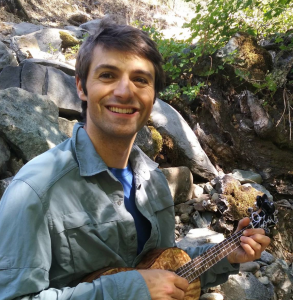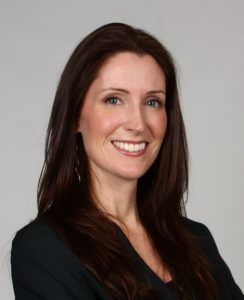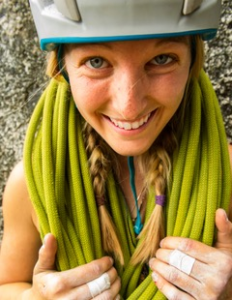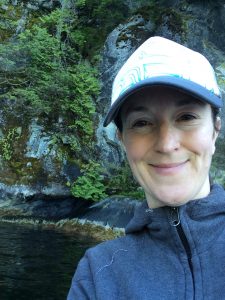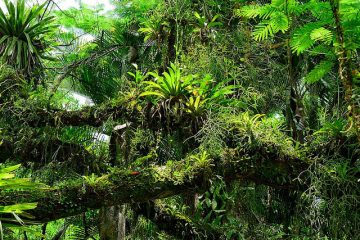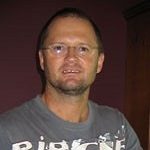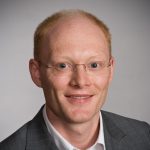The Colours of Food Security – Public Reception with TED Speaker Jon Foley
Monday, March 19, 2018
6:00 PM – 8:00 PM
Lobby Gallery – Liu Institute for Global Issues,
6476 NW Marine Drive, Vancouver, BC V6T 1Z2
The Colours of Food Security is a series of bold and striking maps that paint a picture of global agriculture today. It pulls decades of scientific research into one exhibit to walk the audience through key issues surrounding the food system in the twenty-first century.
The exhibit will be introduced by acclaimed environmental scientist and TED Speaker, Dr. Jonathan Foley, Executive Director of the California Academy of Sciences. Join us for what promises to be a colourful and fun event accompanied by light refreshments and networking opportunities.
More about the exhibition: The Colours of Food Security is an art exhibit hosted in the Lobby Gallery of the Liu Institute for Global Issues and created by the Land Use and Global Environment (LUGE) research group in the School of Public Policy and Global Affairs and the Institute for Resources, Environment, and Sustainability at UBC. The exhibition is also hosted in collaboration with UBC’s Interdisciplinary Studies Graduate Program (ISGP).
The exhibition runs until March 31, 2018.


